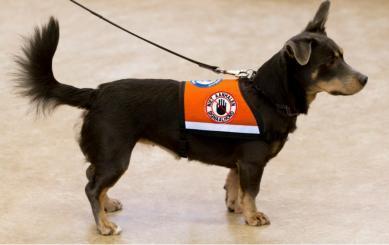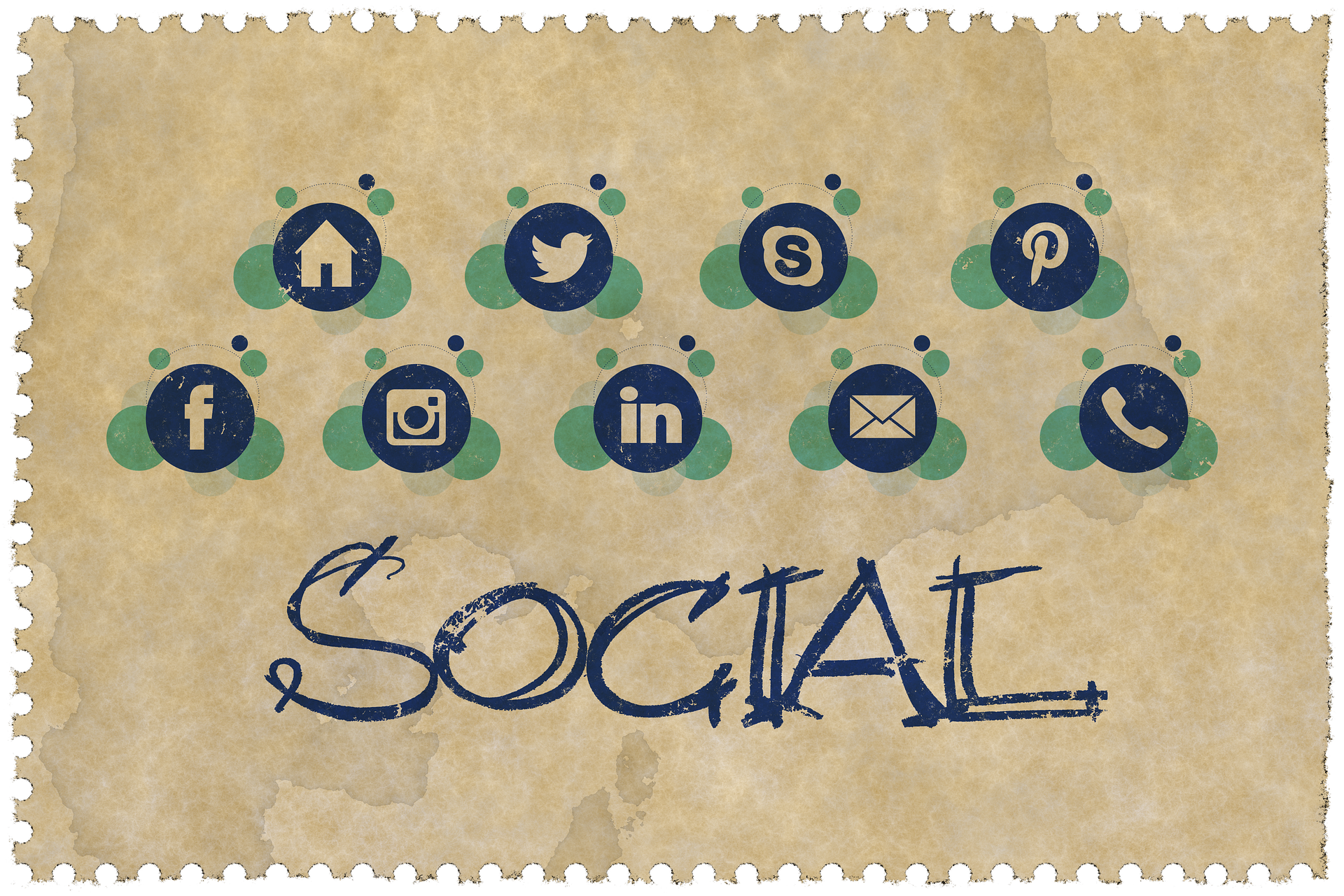

On Friday, March 24, the very first “Behinderten Session” (Session of People with Disabilties) took place in the Swiss parliament. A unique and historic event, of which I was privileged to be a part.
This day was a special session of the Swiss Parliament with exclusively elected parliamentarians with disabilities. In advance you could apply for this as a candidate Parliamentarian or as a guest.
Because I do not like to promote myself (yet), I prefer to promote others or certain topics, and because out of more than 200 prospective candidates only 44 could be chosen for which you had to have an association or newspaper behind you anyway, I applied as a guest.
Last Friday was the day. Being able to walk around the beautiful Bundeshaus in Bern was just a treat. The historic building looks beautiful and impressive, as you can see in the pictures.
What was equally impressive was that everywhere you looked or walked you encountered wheelchairs, assistance dogs and white canes.
Not even that long inside, I was asked by a friendly lady from Swiss radio for a short interview, to which I agreed and answered her questions about my opinion and reason for being there.
The organization of this day was excellent. The only downside was, that the distributed induction aids did not work equally well everywhere. Probably downstairs in the hall you had good reception, but upstairs on the spectator tribune unfortunately not. Following my gut feeling, I luckily brought my own induction aid, called Rogerpen, and was able to follow the debates via lifestream with – delayed – subtitles. There were also sign language interpreters and there was even a sign language interpreter present.
The content of the debates was very strong and powerful, and the chairman of the day, himself in a wheelchair, wished that people would also keep such exemplary time schedule in the daily debates.
The result of the debates was a resolution that was presented to the 1st and 2nd Houses of Parliament, calling for more active and visible participation of people with disabilities in politics, that people with disabilities should be able to exercise their right to vote better and more freely, and in general be better integrated into society.
Of course, wonderful words, but this is only the beginning. Now it is a matter of putting those beautiful words into practice. And in this, unfortunately, Switzerland is lagging a bit behind. For example, the UN Commission on Disability has already criticized Switzerland for not speeding up the UN decision, which was ratified in 2014.
To give another small example: in the Netherlands, people with a hearing impairment have the option of requesting about 30 hours of private interpreting, for volunteer work, birthdays, courses, and so on.
Here in Switzerland, you can only request interpreting hours for work and/or study. For everything outside of that, including volunteer work, you have to pay for a sign language or text interpreter yourself or the association you are active for.
That this hardly ever happens in practice, of course, because sign/text interpreters are far too expensive, may not come as a surprise.I have experienced this myself, as president on the board of a hearing-impaired association. Interpreters are just not affordable, even for a membership gathering.
Besides all the overwhelming visual impressions, the atmosphere on the Session that day was militant and enthusiastic. The 44 chosen Parliamentarians/Speakers were greeted with applause, and when the Session was over, all Parliamentarians were met with thunderous applause.
Afterwards there was an aperitif with opportunity to exchange experiences and thoughts with each other. Again, several interpreters walked around, and everything was well organized.
This day, this special Session received a lot of attention in the Swiss media, but for my taste it could have received even more attention.
In any case, this day ensured that people with visible and invisible disabilities took center stage and their voices were heard. This was the intention and now let’s hope it does not remain just to fine words but also deeds will follow soon.






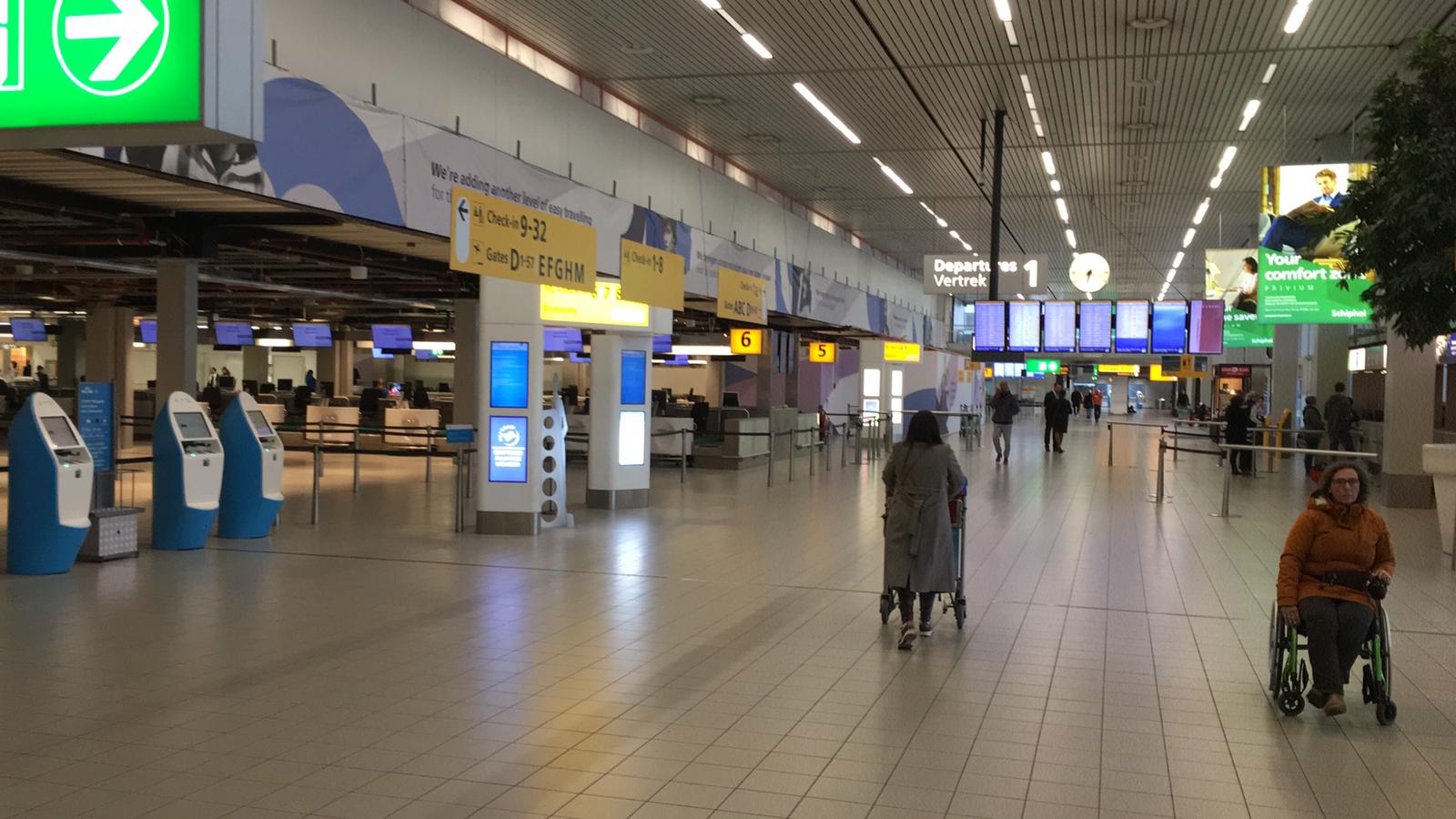
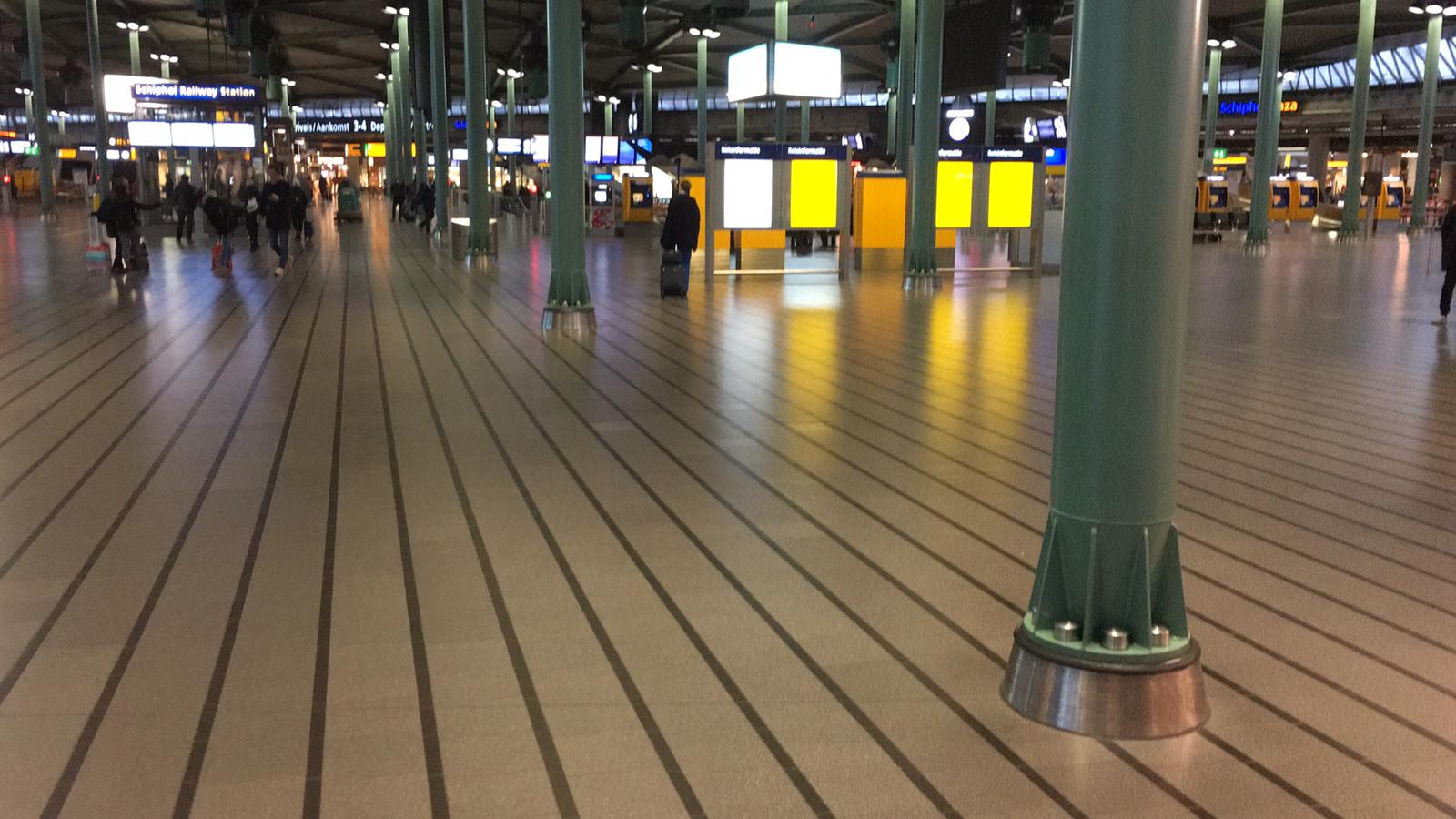

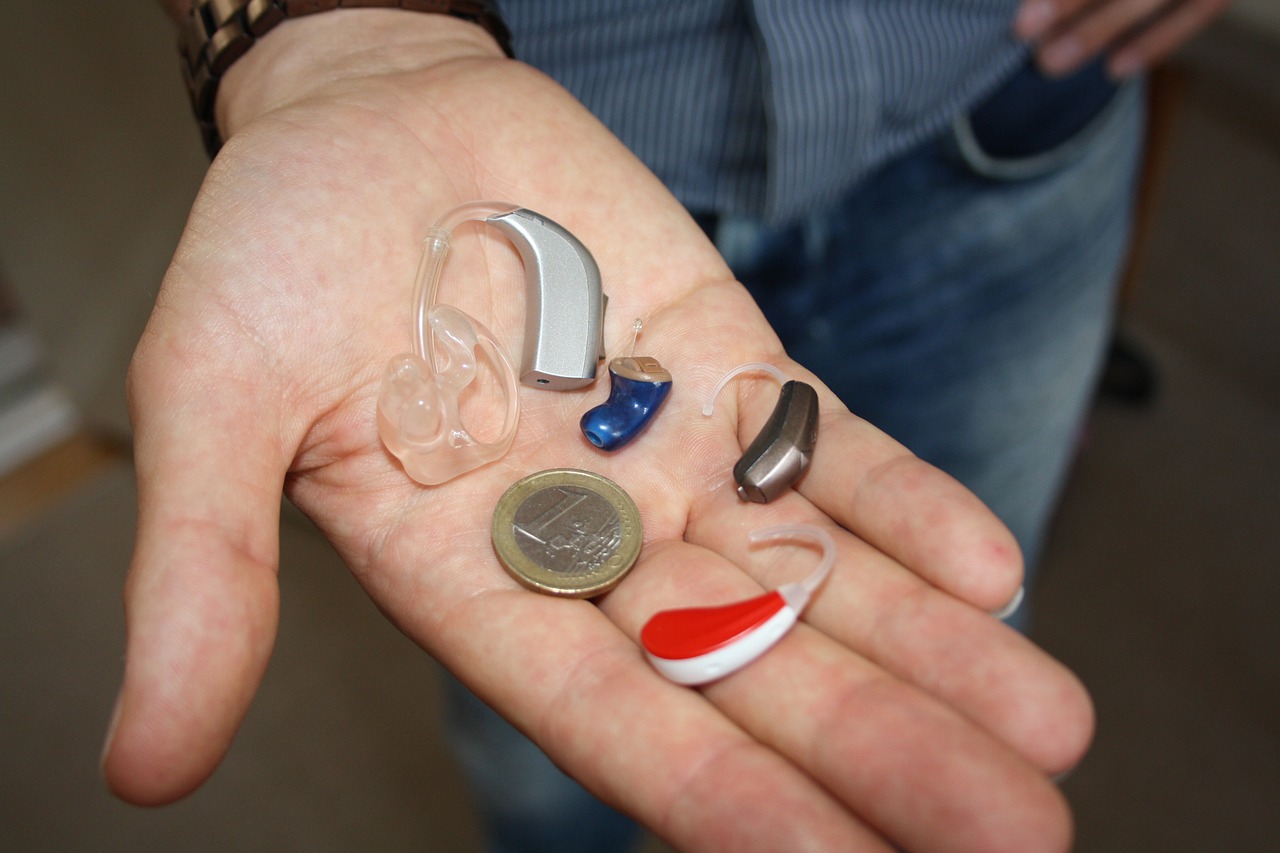
 Recently I read a discussion about the question of whether there was a general covering name for (people with) a hearing impairment.
Recently I read a discussion about the question of whether there was a general covering name for (people with) a hearing impairment.